How To Start Your Own Event Space in The Next 3-6 Months By Nehemiah Davis
$5,000.00 Original price was: $5,000.00.$109.00Current price is: $109.00.
File Size: 4.74 GB
Delivery Time: 1–12 hours
Media Type: Online Course
Content Proof: N/A
How to Start Your Own Event Space in the Next 3-6 Months by Nehemiah Davis – Digital Download!
Establishing your own event space can be like being at the base of a huge mountain, gazing up at a foggy peak that is both thrilling and terrifying. “How to Start Your Own Event Space in the Next 3-6 Months,” a seminar by Nehemiah Davis, provides a methodical road map through that haze, shedding light on workable tactics and doable actions to turn your idea into a reality.
His enlightening curriculum, which consists of training sessions and workshops, is intended for both beginners and those who want to hone their current event management abilities. We will dissect the essential elements of Davis’s strategy in this post, examining how you might successfully start your own event space while steering clear of typical mistakes.
Knowing the Fundamentals of Event Space
Understanding the fundamentals of this industry is essential before getting into the specifics of setting up an event space. Every event is a unique artwork made by the clients who choose to use the area, therefore imagine the event space as a canvas. The significance of adaptable rooms that may support a range of themes, styles, and client needs is highlighted by this analogy.
In order to be successful, you must first decide what kinds of events you want to host, such as weddings, business meetings, parties, or community get-togethers. There are particular standards and expectations for each of these event categories. For example, corporate meetings may place a higher priority on technology and functionality, while weddings may require a romantic atmosphere, complete with lighting and décor. The categories of events are broken down as follows:
| Event Type | Characteristics |
| Weddings | Romantic decor, catering, and dance space. |
| Corporate events | Professional setup with AV technology and seating. |
| Social gatherings | Flexibility in space, versatile furniture arrangements. |
| Community events | Accessibility and a welcoming atmosphere. |
Davis’s program accentuates the importance of not only identifying your niche but also understanding the needs and desires of your target audience. Market research becomes your guiding star, helping you pinpoint what is missing in your local event space landscape.
Obtaining Capital for Your Space
The energy that propels any entrepreneurial endeavor ahead is frequently thought of as capital. Ideas are dormant without it, but they thrive when they have it. Funding tactics are the main focus of Davis’s curriculum, which provides insightful information on how to raise the money required for your event space.
Davis talks about a number of ways to get the money required to launch a business, such as crowdfunding websites, angel investors, and conventional bank loans. It’s also critical to take into account grants intended especially for community projects or small enterprises. The charitable endeavors of the Nehemiah Davis Foundation demonstrate the possibility of assistance that goes beyond monetary resources. Potential funding sources could be compared as follows:
| Funding Source | Pros | Cons |
| Bank Loans | Established option for capital. | Requires good credit and collateral. |
| Angel Investors | Access to mentorship alongside funds. | May want a significant equity stake. |
| Crowdfunding | Direct public engagement. | Success is not guaranteed; efforts may be wasted. |
| Grants | No repayment needed. | Highly competitive and often specific. |
In preparing your pitch for funding, it’s essential to create a compelling business plan that demonstrates your venue’s potential for profitability. Consider factors like projected revenue, cost analysis, and a marketing strategy.
Automating Operations
Picture a beautifully orchestrated event every element aligned perfectly, from lighting to seating, seamlessly executed as if by magic. What lies behind that magic? Effective operational automation. Davis emphasizes streamlining processes to enhance efficiency and reduce the burden of daily management tasks.
Utilizing software solutions to manage bookings, payments, and customer communications can save you hours each week. Consider platforms like Eventbrite or Cvent, which offer comprehensive event management tools, allowing you to focus on the creative and personal aspects of your business. Here’s a brief overview of useful software building blocks:
| Platform | Features | Estimated Cost |
| Eventbrite | Ticketing, registration, and promotion. | 2% per ticket sold |
| Cvent | Venue management, event marketing. | Custom pricing |
| Trello | Project management and team collaboration. | Free for basic users |
Customer relationship management (CRM) software can help you maintain connections with clients and prospects while automating follow-up communications. Embracing technology in this manner does not only liberate you from mundane tasks; it also enhances your clients’ experience.
Successful Marketing Strategies
Promoting your event venue is like sowing seeds in the rich soil of prospective customers’ thoughts. The harvest depends on what you grow. Davis’s curriculum goes into detail about a number of marketing strategies that are crucial for attracting potential customers.
Your visibility can be greatly increased by employing tactics like social media interaction, joint ventures with nearby companies, and internet advertising. Platforms like Instagram and Pinterest, in particular, present countless chances to highlight the visual appeal of your area. Keep in mind that you are selling experiences rather than merely a location.
Networking is just as important as digital marketing. You can get noticed by those who are wanting to reserve event spaces by interacting with event planners, going to bridal expos, or joining neighborhood business associations. Consider creating a marketing plan that looks something like this:
| Marketing Strategy | Details | Time Frame |
| Social Media Campaign | Regular posts showcasing events and features. | Ongoing |
| Collaborate with Vendors | Build relationships for mutual referrals. | 3-6 months |
| Attend Local Events | Get involved and make connections. | Weekly/Monthly |
Legal Aspects
It can be intimidating to navigate the legal requirements of managing an event venue; it’s like navigating a maze full of possible dangers. Nevertheless, Davis’s program does not ignore this important element.
Being aware of insurance, permits, and zoning requirements might help you avoid potential legal issues. Obtaining the required permits is essential since it enables you to conduct business lawfully in your community. Among the materials Davis offers is advice on how to draft rental agreements that safeguard both you and your customers. An example of a checklist could consist of:
| Legal Consideration | Importance |
| Zoning Laws | Ensure your venue complies with local regulations. |
| Event Permits | Necessary for hosting public gatherings. |
| Liability Insurance | Protects against potential claims from events. |
Consulting with an attorney specialized in business law can provide insights tailored to your specific circumstances. This may seem like an upfront investment, but it can save you significant headaches down the road.
Participation and Assistance of the Community
According to Nehemiah Davis, entrepreneurship is not a siloed activity. Support and involvement from the community are essential lifelines for any new company venture. You build a devoted clientele by integrating your event space with the community.
Including local components, like working with local eateries to cater or artists to decorate, not only gives events a distinctive look but also strengthens links throughout the community. The Nehemiah Davis Foundation’s philanthropic endeavors serve as an example of how companies can prosper while making a constructive contribution to society.
Engaging in local events and charity fundraisers can enhance visibility and foster goodwill. More than just a business, your event space becomes a hub for creativity and celebration, further enriching the local culture. Consider the following ways to engage your community:
| Community Engagement Strategy | Description |
| Host Local Fundraisers | Use your space to support local charities. |
| Collaborate with Local Artists | Showcase their work in your venue. |
| Offer Discounts for Local Residents | Encourage community use and word-of-mouth marketing. |
In conclusion
Starting your own event space may be an exciting and fulfilling endeavor, especially when viewed through the framework of Nehemiah Davis’s program. You are creating a dynamic space that emotionally connects with your clients and commemorates their accomplishments by segmenting the process into manageable steps, such as researching the market, obtaining funding, automating processes, and interacting with the community. As you embark on this journey, see your event space as a blank canvas on which every meeting creates a unique narrative that promotes happiness, camaraderie, and celebration.
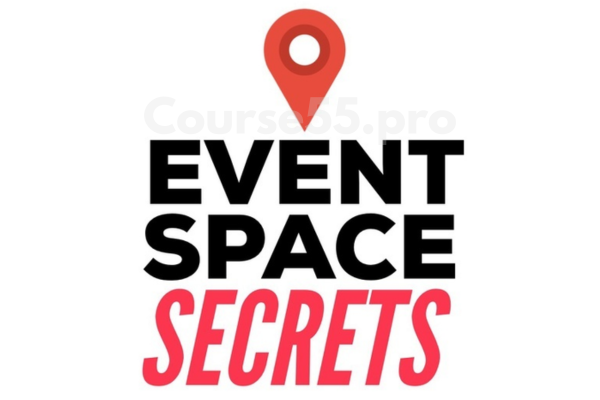
Frequently Asked Questions:
Business Model Innovation:
Embrace the concept of a legitimate business! Our strategy revolves around organizing group buys where participants collectively share the costs. The pooled funds are used to purchase popular courses, which we then offer to individuals with limited financial resources. While the authors of these courses might have concerns, our clients appreciate the affordability and accessibility we provide.
The Legal Landscape:
The legality of our activities is a gray area. Although we don’t have explicit permission from the course authors to resell the material, there’s a technical nuance involved. The course authors did not outline specific restrictions on resale when the courses were purchased. This legal nuance presents both an opportunity for us and a benefit for those seeking affordable access.
Quality Assurance: Addressing the Core Issue
When it comes to quality, purchasing a course directly from the sale page ensures that all materials and resources are identical to those obtained through traditional channels.
However, we set ourselves apart by offering more than just personal research and resale. It’s important to understand that we are not the official providers of these courses, which means that certain premium services are not included in our offering:
- There are no scheduled coaching calls or sessions with the author.
- Access to the author’s private Facebook group or web portal is not available.
- Membership in the author’s private forum is not included.
- There is no direct email support from the author or their team.
We operate independently with the aim of making courses more affordable by excluding the additional services offered through official channels. We greatly appreciate your understanding of our unique approach.
Be the first to review “How To Start Your Own Event Space in The Next 3-6 Months By Nehemiah Davis” Cancel reply
You must be logged in to post a review.






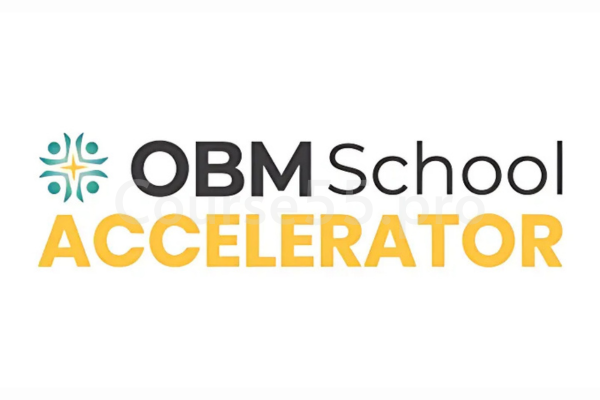
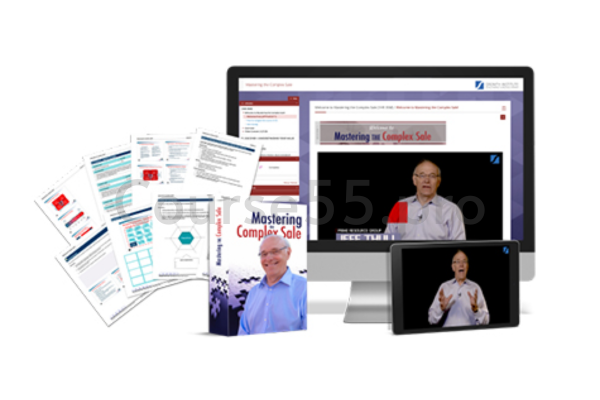
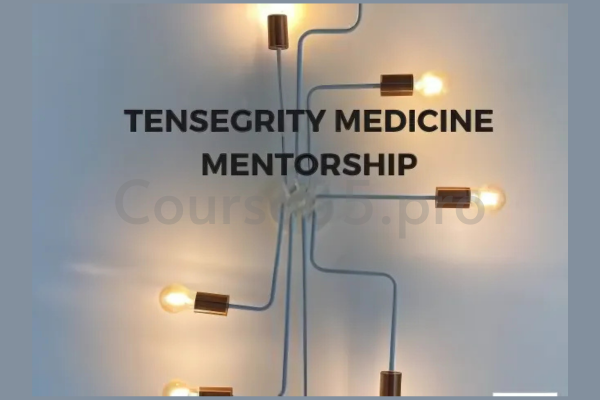
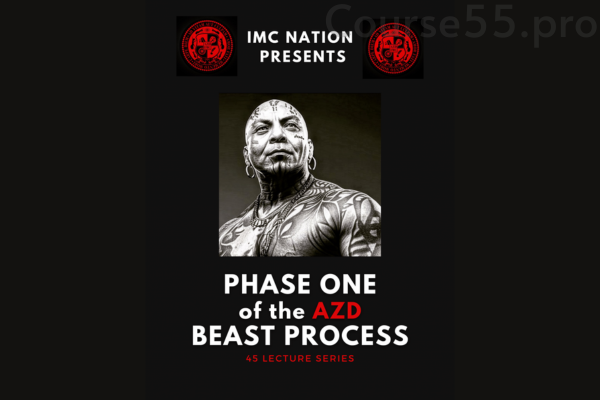

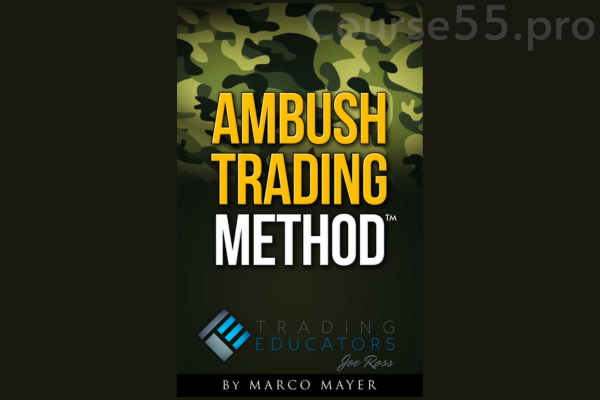
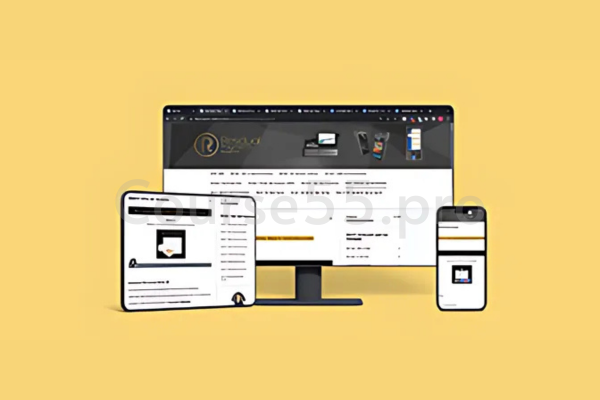

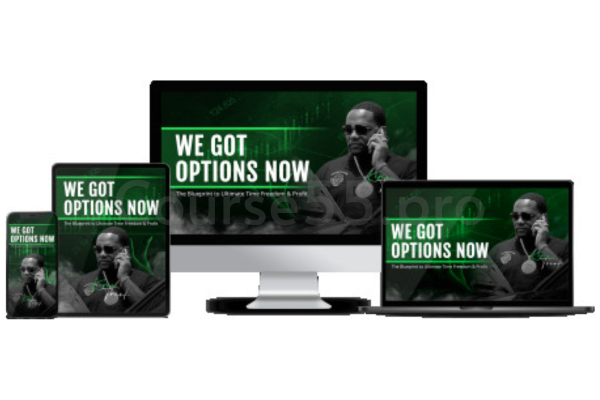


Reviews
There are no reviews yet.